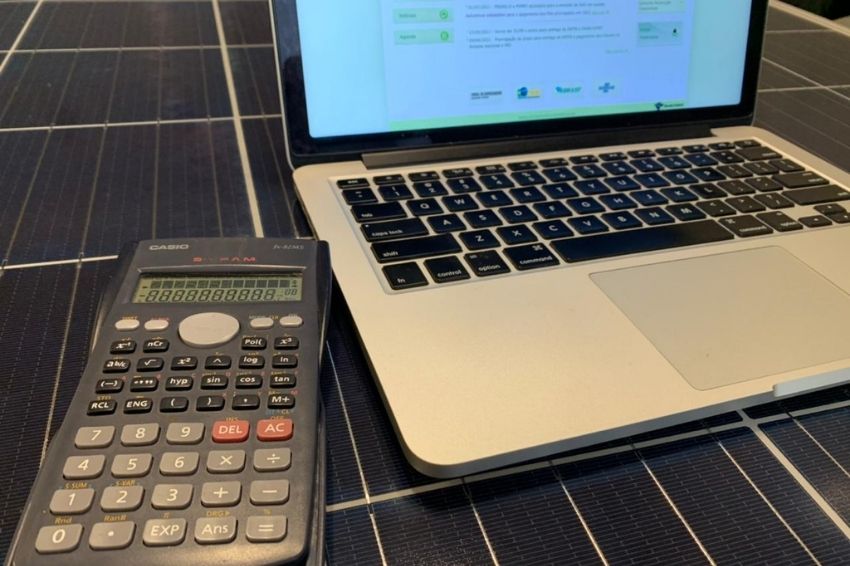The tax reform, proposed in Bill 2337/21, should be a priority in the return of deputies' activities, according to Arthur Lira (PP-AL), president of the Chamber of Deputies.
According to the parliamentarian, the tax reform can be voted on with “very calmness”, as the issue is already well matured among party leaders.
Lira also stated on her social networks that the tax reform rapporteur, deputy Celso Sabino (PSDB-PA), will follow his suggestion of keeping the distribution of profits and dividends from micro and small companies exempt.
Read too: GD's Legal Framework remains parked in the Chamber of Deputies
It is estimated that this change will benefit more than 5.6 million companies opting for Simples Nacional. “All Simples Nacional companies will continue not to pay taxes on profits and dividends”, informed the president of the Chamber.
For Einar Tribuci, lawyer specializing in the solar energy sector and Tax Director at ABGD (Brazilian Association of Distributed Generation), “risky investments in the real economy, as is the case in the energy sector, lose attractiveness with the introduction of taxation on dividends , which becomes the same, or even greater than that of the financial market in some cases, in addition to investments through debt”.
Tribuci also highlighted that the change in corporate taxation is also a concern. “With the proposal, the use of tax losses for companies opting for real profit is limited, in addition to extinguishing the annual regime, to maintain only the quarterly. In practice, it is as if the period of one year was analyzed fiscally every three months”, he explains.
According to the lawyer, this change affects everything from active players, such as generators, to equipment distributors who have strong variations in their revenues throughout the year, not being linear throughout the entire period, and which is precisely the case of companies that today opt for the quarterly regime whose objective is cash planning, as IRPJ and CSLL can be paid quarterly in three installments.
Asked about the impact on integrators, Tribuci recalled that “the limit for adopting Simples Nacional is a turnover of up to R$ 4.8 million per year, which is not permitted for some companies, as set out in the Complementary Law 123/2006, such as, for example, companies that are generators, transmitters, distributors or traders of electrical energy”.
“In this way, integrators who are subject to Simples Nacional will not be impacted in any way. And those with revenues exceeding R$ 4.8 million, as long as they distribute dividends of up to R$ 20 thousand per month, will also not be impacted. All others, who earn more than R$ 4.8 million and distribute dividends above R$ 20 thousand will be affected”, he concluded.

















One Response
Excellent article demonstrating the tax impacts on companies’ results